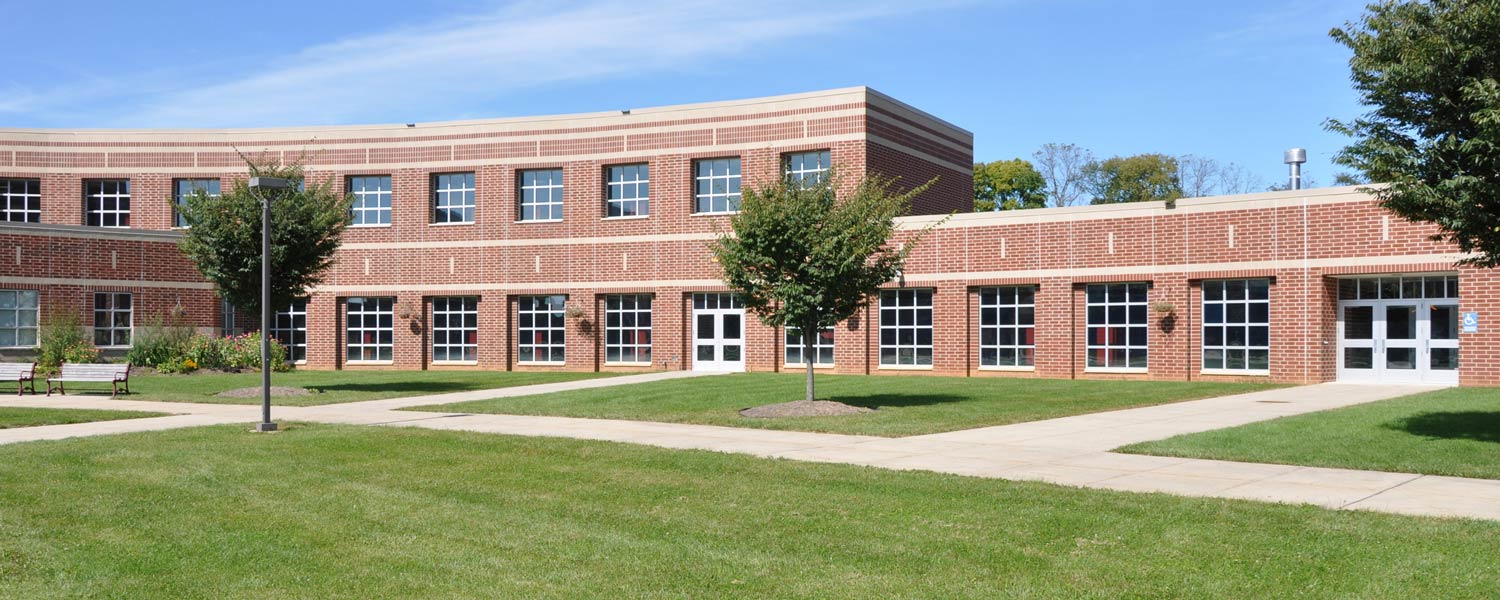Campus Operations: Best Practices for Efficient Facility Management

Campus Operations: Streamlining Facilities for a Better Learning Environment
Managing campus operations efficiently is essential to creating a safe, clean, and productive environment for students, staff, and visitors. Whether you oversee a university, college, or K-12 school, the scope of campus operations spans maintenance, cleaning, security, and facility management. Understanding how to optimize these components can significantly impact the daily functioning and long-term success of your institution.
If you’re looking to enhance your campus operations, expert consulting services can provide tailored strategies that fit your unique needs. Learn more about consulting options that can help here.
What Are Campus Operations?
Campus operations encompass the management of all facilities and services that support the educational environment. This includes:
- Building maintenance and repairs
- Cleaning and janitorial services
- Groundskeeping and landscaping
- Security and safety protocols
- Energy management
- Waste management and sustainability initiatives
- Technology infrastructure and support
Effective campus operations ensure that these components work in harmony to maintain a welcoming and functional environment. For schools, the ability to provide clean, safe, and well-maintained spaces directly affects student learning and overall campus experience.

Key Challenges in Managing Campus Operations
Running smooth campus operations involves tackling several challenges:
-
Large and Diverse Spaces
Campuses often span multiple buildings and outdoor areas, each with different requirements. Managing such varied spaces requires flexible and detailed operational plans.
-
Budget Constraints
Educational institutions often face tight budgets. Stretching resources while maintaining high standards is a common challenge. Balancing cost-efficiency with quality services requires smart planning and prioritization.
-
Regulatory Compliance
Schools must adhere to strict health, safety, and environmental regulations. For example, guidelines from the Occupational Safety and Health Administration (OSHA) help ensure safety in educational environments. Keeping up with changing standards requires ongoing training, documentation, and monitoring.
-
Emergency Preparedness
Campuses must be prepared for emergencies such as severe weather, fires, medical incidents, or pandemics. Efficient operational plans include clear protocols and communication strategies to protect everyone on-site.
-
Seasonal and Event-Based Needs
Campus operations must adapt to seasonal changes and special events, such as graduation ceremonies or sports tournaments. Planning for these peak times is crucial to maintain service quality without overspending.
Best Practices for Efficient Campus Operations
Optimizing campus operations involves strategic planning and execution. Here are some best practices to consider:
Develop a Comprehensive Maintenance Plan
Regular inspections and preventive maintenance reduce costly repairs and downtime. Scheduling routine checks and addressing minor issues early helps avoid emergencies.
Implement Sustainable Practices
Sustainability initiatives not only reduce operational costs but also demonstrate environmental responsibility. According to the U.S. Department of Energy , schools can save energy through smart HVAC management, LED lighting, and building automation. These changes also support a healthier campus atmosphere.
Use Technology for Operations Management
Adopting software solutions for facility management helps track work orders, schedule cleaning, and monitor energy use. These platforms provide data-driven insights, making it easier to allocate resources, forecast needs, and ensure accountability.
Prioritize Cleaning and Disinfection
Thorough cleaning and disinfecting prevent illness and create a healthier environment. Establish cleaning protocols that address high-touch areas and follow CDC guidelines for infection control.
Train Staff Regularly
Well-trained staff can respond quickly to maintenance issues and emergencies. Training should also cover the use of new technologies, sustainability practices, and safety procedures.
Foster Collaboration Across Departments
Campus operations often involve multiple teams. Effective communication and collaboration help coordinate efforts, resolve issues faster, and support campus-wide goals.
How Professional Consulting Can Enhance Campus Operations
Managing campus operations effectively often requires specialized knowledge. That’s where professional consulting services come in. Consultants can:
- Analyze current operational processes
- Recommend scalable, cost-effective solutions
- Assist with regulatory compliance and training
- Support sustainability and emergency preparedness initiatives
To explore consulting support tailored to your campus, visit ISSA Consulting Services.
Benefits of Optimized Campus Operations
Investing in effective campus operations yields benefits such as:
- Improved health and safety
- Enhanced student satisfaction
- Reduced operational costs
- Stronger compliance with regulations
- More sustainable campus practices
- Greater preparedness for emergencies
These outcomes help institutions create an environment that supports learning and long-term growth.
Steps to Start Improving Your Campus Operations Today
If you’re ready to enhance your campus operations, consider these initial steps:
- Conduct a Facility Assessment: Use checklists and performance data to identify areas for improvement.
- Engage Stakeholders: Collect feedback from staff and students to uncover operational blind spots.
- Set Clear Goals: Define measurable outcomes such as reducing energy use or improving response times.
- Leverage Technology: Implement systems that increase visibility and streamline workflows.
- Partner with Experts: Work with consultants to build a long-term strategy for success.
Optimizing campus operations requires attention, collaboration, and strategic planning. By focusing on sustainable practices, smart technology, and well-trained teams, schools can create healthier, safer environments that allow students to thrive.
To explore how consulting can help your campus operate more effectively, visit ISSA Consulting Services.
















